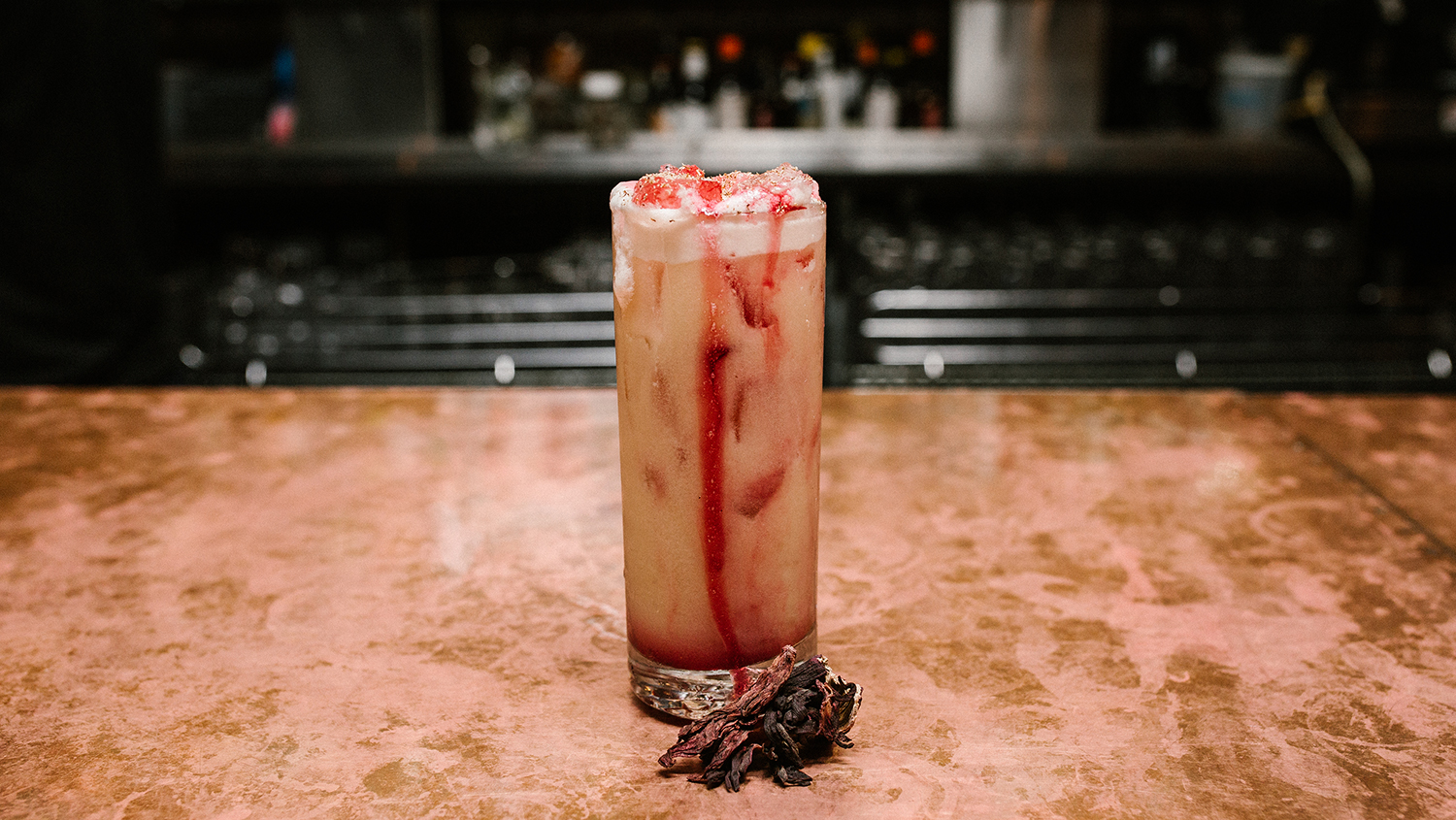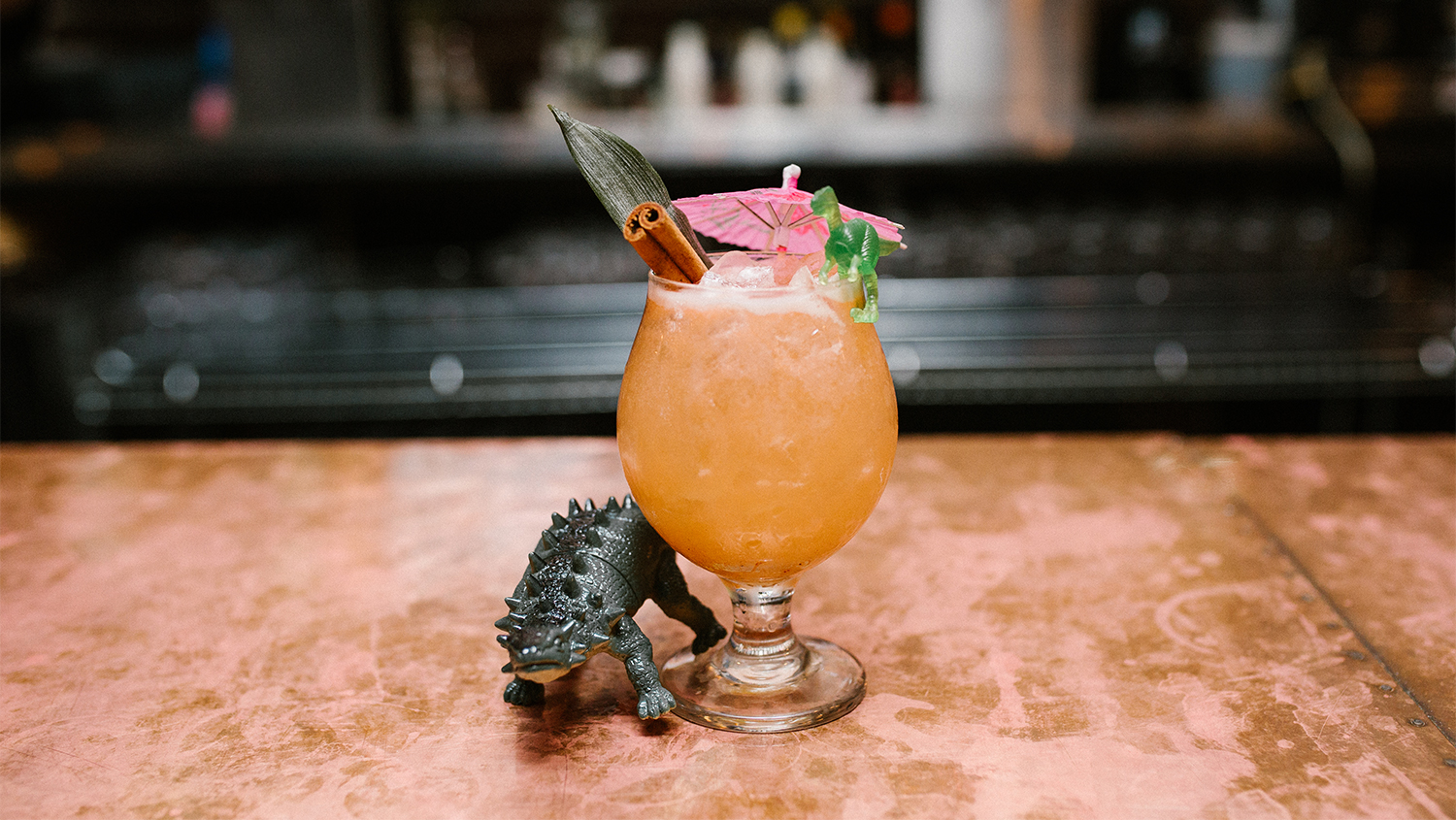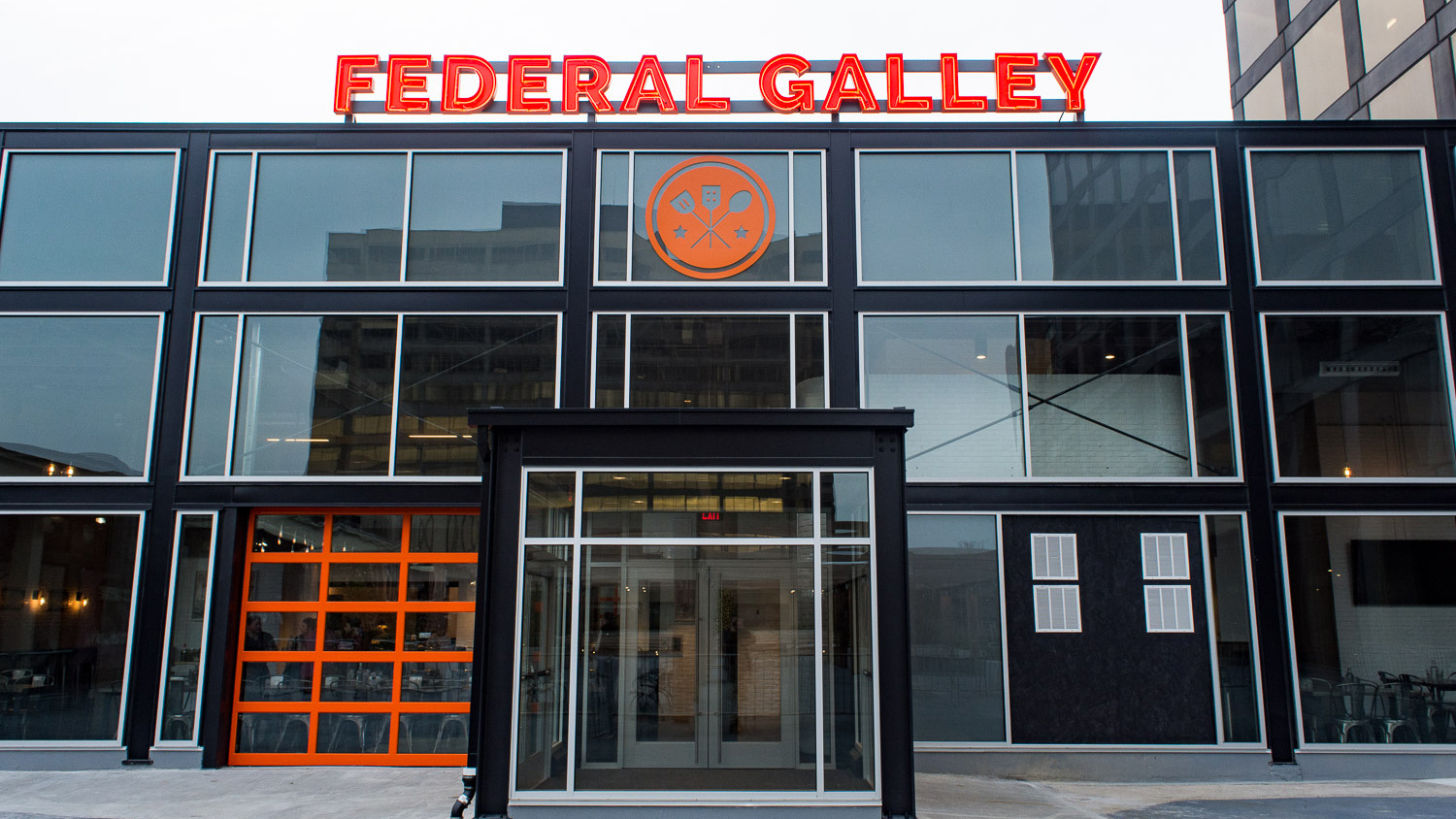Opening a restaurant, especially in a large metropolitan area, is a huge risk. According to the Boston Globe, nearly a quarter of new restaurants fail in the first year alone. In the restaurant business, you’re selling a perishable product. If you don’t move it fast enough, it gets thrown in the trash, and your profit margin takes a hit. Experienced restaurateurs have greater success rates because they know what works and what doesn’t, but oftentimes newcomers are throwing their life savings on the line to open their dream establishment. But Galley Group, a Pittsburgh-based food hall development, management, and advisory company, is giving chef-owners a chance to test their concepts for low risk and low cost.
Oftentimes newcomers are throwing their life savings on the line to open their dream establishment.
It all started with their flagship project Smallman Galley in 2015, a Pittsburgh staple that offers four restaurant concepts, a nationally-recognized bar program, and space to seat 200 people. On a recent visit, we sampled spread of delicious, expertly-made dishes, from an incredible Detroit-style pepperoni pie from Iron Born to a beautiful beets and carrots dish from Chef Ryan Peters of Brunoise. The cocktails we tried were inspired by The Sandlot, with a menu design that was an actual VHS tape cover. While the bar remains a Galley staple, the drink menu changes with the seasons and typically follows a fun, nostalgic theme. The group’s second location, Federal Galley, opened in 2017 on Pittsburgh’s North Shore. It also hosts four rotating restaurant concepts, features a full bar with a focus on craft beer, and has an outdoor space that hosts live music and sports viewing parties. Detroit and Cleveland locations are set to open later this year.
It’s easy to see why Galley Group is experiencing great success — their business model works, and it mentors young chefs in the process. To find out more about how they operate and what’s in store for the future, we caught up with co-owners Tyler Benson and Ben Mantica, along with beverage director Tim Garso.
You’re giving chefs the opportunity to do something very rare in this industry — to run their own restaurant concepts at very low risk to them. How does this business model work? What are the chefs fiscally responsible for, and what does Galley Group cover to help them get off the ground?
Benson: Chefs have the opportunity to start their businesses with us at low risk and low cost. For a minimal capital investment — typically less than $10,000 — a chef can launch their restaurant brand with us and operate in our space for a set period of time. During their license term, there is no rent charged to the operator. Instead, chefs pay 30-percent of weekly sales, which covers overhead costs. The Galley covers the space lease, all utilities, repairs and maintenance, insurance, marketing, front of house operations, and the bar program. We build out all kitchens upfront, along with storage and prep space, to keep the capital requirement extremely low for the chef.
What are the main things you look for when bringing a new chef and restaurant concept on board? How do they make the final cut?
Mantica: We start with a national press release, and open our online application portal. Through phone and in-person interviews, we gradually narrow the list to about 16. We look for a strong resume with ample executive chef or sous chef experience, solid industry references, a team willing to follow the chef into a new venture, a well-developed menu concept, and a set of subjective leadership and management qualities that we assess over the course of the interview process. We also favor local chefs to the maximum extent possible. Finally, we choose eight high-potential chefs to participate in the cooking demo. We bring in a panel of judges and allow the chef to create a signature dish from their concept menu. We think of it as a Shark Tank-style pitch, where the chef lays out their restaurant idea and the judges help us decide whether that culinary team should get a shot at the Galley. From these eight finalists, we choose four to join us for at least one year.
Do you have an all-time favorite dish that’s been served at Smallman or Federal Galley thus far?
Benson: That is a tough one. We select highly-talented chefs, so every dish tends to be amazing.
Your bar program is designed with an awesome seasonal theme and unique cocktail creations. How do you brainstorm these concepts? What cool drinks should we look out for this season?
We select highly-talented chefs, so all dishes tends to be amazing.
Garso: Both bars work with a lot of collaborative ideas and efforts. Each themed menu at Smallman Galley has been a group effort and execution, because as elaborate as our menus can be, their success hinges on the shared excitement among the bar team. I’m particularly excited for Smallman’s spring/summer menu, where we upped the ante and are presenting the menu in two formats. One will be via the classic Viewfinder toy, while a printed version will be on a Twister game board, complete with spinner. All the drinks are rooted in memories and nostalgia, be it through flavors or specific times in our lives. For example, we have the Baby’s First Curry cocktail with Maggie’s Farm dark rum, Batavia Arrack, curry syrup, aquafaba, pineapple, lime, and mole bitters — reminiscent of when you finally left that flavor desert of your small hometown, went off to college, and explored new flavors and experiences. Another one is the Saturday Morning Toons with Boxer gin, Momokawa coconut-lemongrass sake, and Peychaud’s bitters. It tastes like you’re sipping on Froot Loops and takes you right back to sitting in your PJs all Saturday morning watching cartoons.
Federal Galley’s menu will see some big changes this summer as we move on from our opening menu of Filipino-inspired cocktails. We’re also launching our patio bar, with neon cocktails being served in Capri Sun-esque pouches!
With both Cleveland and Detroit locations opening in 2018, the future looks bright for Galley Group. What comes next? Do you expect to expand to the coasts, or are your sights set on developing chef talent in these up-and-coming Midwestern cities?
Benson: Our current focus is on comeback markets where we are seeing high growth and ample opportunity. Midwestern cities are obvious choices, but we are not setting any limits on expansion. We believe that providing talented local chefs with the opportunity to start their own businesses can work in many markets, and we are eager to widen the scope of that offering.













